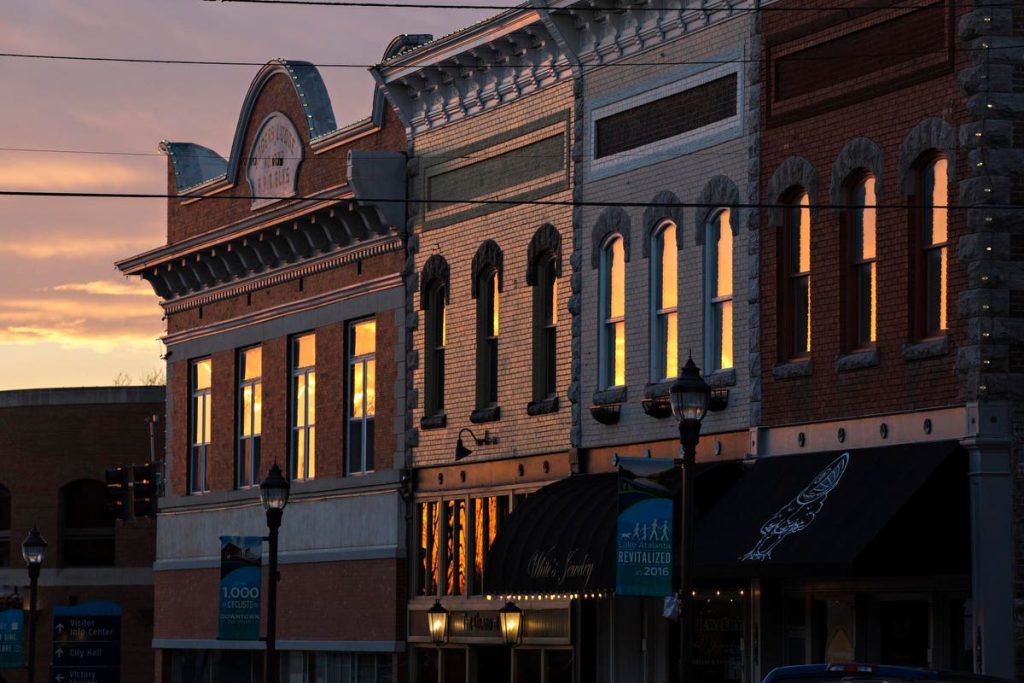During a recent conversation, a business owner scoffed at all those who weren’t doing well. All it takes is effort, he said, and dismissed that anything else could be true.
There are people who struggled and fought their way out of a depressed socioeconomic background. There are also people who can run a mile in five minutes or less, easily grasp the concepts of calculus, and singlehandedly run new plumbing lines in their homes without making a mistake.
There are even relatively many such people in any one of those categories, and each group is still a small part of the population. Different people have different talents and that is when they aren’t unduly hampered from pursing them.
But the restrictions happen and make it difficult even for those with the particular talents. One of my forebearers was able to do well in a field — after changing his name and pretending to be Protestant.
Compared to many, those were easy adjustments. Journalist Monica Potts is the author of The Forgotten Girls: A Memoir of Friendship and Lost Promise in Rural America. She was born and brought up in a small town in Arkansas that she describes at length as an effective trap, keeping many young people from leaving and doing better. She got out of the area, attended a prestigious college, and became a journalist, then ultimately returned and researched to investigate why so many others didn’t move beyond the local setting, focusing on a childhood friend’s struggles.
Not that people should have to leave their homes permanently to thrive. But in this town — ironically named Clinton, which happens to be the name of perhaps the most prominent poor-kid-makes-good-more-or-less resident of the state — options are often few and far between.
The population of 2,509 according to the 2020 census, down from 2,602 the decade before, is the county seat of Van Buren County. Median household income is $38,977. Per capita income is $21,991, with 21.6% of the population living below the poverty line. The median household income in the U.S. is about $70,784, with median personal income in 2021 (most recent figures) of $37,522. Median is middle, so the number of households making more than the 55% of national household median income is equal to the number making less.
There wasn’t a single factor that locked people into lives of low expectations and results. Instead, there were many. Traditions of thinking that limitations were natural. School guidance counselors and families who assumed kids would never get much of anywhere because no one would be able to afford the cost of a big-name university, even though such schools often had far more in financial aid available. It was only a fluke that got her into a pre-college program at Barnard through a scholarship she hadn’t known existed, and only found out when she called to say she couldn’t afford to attend.
There are heavy religious attitudes that help glue people in the traditional lives in the area, massive problems with drugs, a lack of job and business opportunities, fear of the unknown, and a broad sense of giving up.
There is no single action that would make the difference: federal or state development dollars, higher minimum wage levels, a drug program, union organization, or any other thing. Too many factors have caused the conditions there, whether isolation, companies pulling out of the area with a resulting lack of jobs, drugs, or despair, to mention just a few.
This is why most programs make so little difference. As a country, we only know how to throw limited amounts of money at issues and tell ourselves that will be sufficient. Real solutions are as complex as the problems.
Read the full article here




